

There are currently 400 million people in the world playing a MMOG, according to Infographic in 2012. This means that there are more people playing a MMOG than there are people living the United States of America. Cool you might think, but does it really matter? The easy answer to this would be yes. That more games will come out, and more importantly, further experimenting within the genre. Examples we have seen are the investigation quest in The Secret World, no “real” quests as with Guild Wars 2 and the heavy rise in a relatively new market model for MMOGs, F2P.
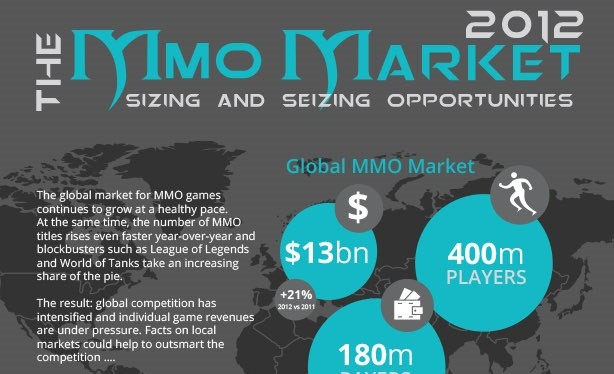
400 million MMOG players
This is a question you probably have pondered on already with friend’s offline or friends online, if not, you will now. Before you do that, I urge you to go even further, go past your own life, go past your avatars life, and go past the lovely Felicia Days `The Guild´. Go to the academics, where video games can play a larger role in gaining knowledge for both science and for the community, where MMOGs should play a bigger part. Just think about that huge number again, 400 million people playing MMOGs, that is 400 million people leaving their real life for at least an hour every week (and most play much more than that), to enjoy a virtual world, where they and you can be what and who you want to be.
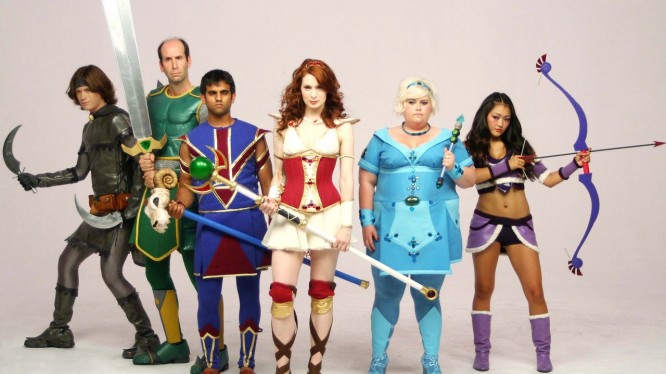
Live action MMO at its best
This is not Science Fiction as it might have been with The Thirteen Floor or even Total Recall in some aspects, this is a reality, which science can and should use. Before going further with this, one question most of you are probably already asking yourselves, what does this matter to me? Science is science and gaming is gaming, and all we really want to do is game. But imagine you playing your favorite game, can be any game really, but MMOGs have an advantage which I will explain later on. While you are getting what you want from the game, someone else within a science discipline can get what every scientist wants, research. Using the data from you and every other gamer playing that game. But it doesn’t stop here, the conclusion drawn from the scientist could also lead to a better life, more humanity and therefore also for you, and the circle is unbroken (you better get that one).

At least plugging into the game is easier now
This is something which could be applied to all sorts of games, not only MMOGs, but there is a difference, a difference which play an important role: The number of people playing simultaneously in a changing environment and the high amount of social interactions. So much can happened and has happened in MMOGs because of the amount of people online on the same server and because of a living world, the unexpected can always happen. To illustrate this further I will briefly give you a couple of extraordinary examples, some of which you most likely have heard of before, if not, it time to hear about them now. First one off, and the one which got the most publicity in both the gaming world and outside of it: The plague in World of Warcraft, also called the Corrupted Blood incident. In 2005, Blizzard introduced a new dungeon called Zul’Gurub and its boss Hakkar had a highly-contagious debuff spell, damaging players over time, called “Corrupted Blood”. Although it was only intended to work within a short range from Hakkar, some players did accidentally bring it from the area with teleportation. After teleporting to cities during prime time, it spread like the plague, killing lower level players like flies. But it also spread to NPCs which couldn’t get killed by it, but did manage to spread to it the players. After some stressful hours at Blizzards office they manage to get it under control. This unexpected plague reached news channels all over the world and became a big event in gaming history. It also generated a lot of interest within science disciplines, mainly within the field of Disease Control and Prevention. Here the phenomena was being studied heavily, both as how the outbreak was spread, but also how other players traveled to the big cities so they themselves could see the plagues effect, something only possible in a virtual world where your own life is not threatened. The plague gave the scientists here a great lab-environment, which they couldn’t even dream of before. This example clearly shows how virtual worlds are as living as the real world in some aspects, and should therefore be studied as the real world is being studied.
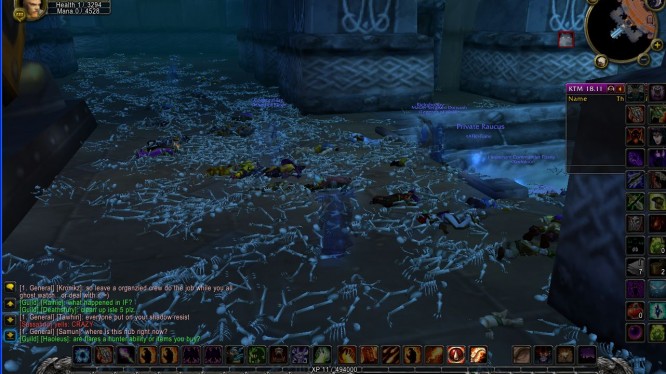
I see dead people.
My second example is quite different from the World of Warcraft example, but I think it will also show how important these games are to people, and how thin the line between virtual world and the real world actually is. The game is EvE Online and this is a story about betrayal. It was an April night in 2005 when it all happened, when Miral, the leader for one of the most powerful organizations in the game, called Ubiqua Seraphs, was betrayed and killed by her right hand Arenis. It turned out that Arenis was a double agent, actually working for a group called Guiding Hand Social Club. Arenis had infiltrated Ubiqua Seraphs 12 months earlier. Working his way to the top, becoming the closest friend Miral had in the game, and at this night carried out the last part of the plan, killing her. And he did all this just so he could fly away with her body, leaving the loot to his real organization.

No one can here you scream in space
The line between the worlds we live in have been blurred the last century, and the importance of video gaming, especially massive multiplayer online games needs to be and is being taken more serious outside of the gaming community, and getting some of the attention it deserves in science. Still, a lot of the research being done or at least the research being used in media is focusing on possible negative aspects of gaming. I´ve lost count on how many times this month I have read about games making you more aggressive, blaming violence in the streets on games, topics on how games makes grades go down in school etc. It seems like the positive research never reaches further than the field where the research has been done. But I will tell you this, there is a lot of positive research out there on how MMOGs are more than its virtual world. How it is being used in educational purposes, how it makes a more socialized individual than people not playing, how it can make us into better and more knowledge citizens, how it can enhance the skills of surgeons worldwide. There is so much research out here showing on positive effects of gaming and I will do my best at bringing interesting things from research to the gamers in a way that I myself love reading without all the technical stuff and I hope you will enjoy following these articles in the future, so stay tuned for more.
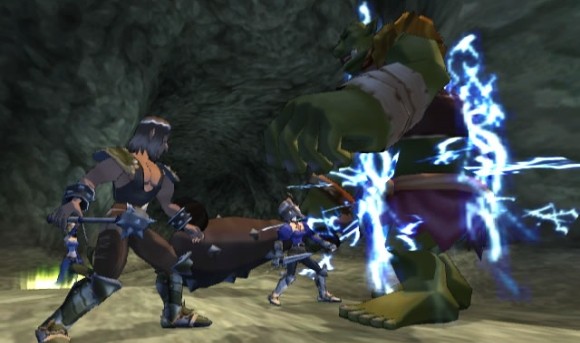
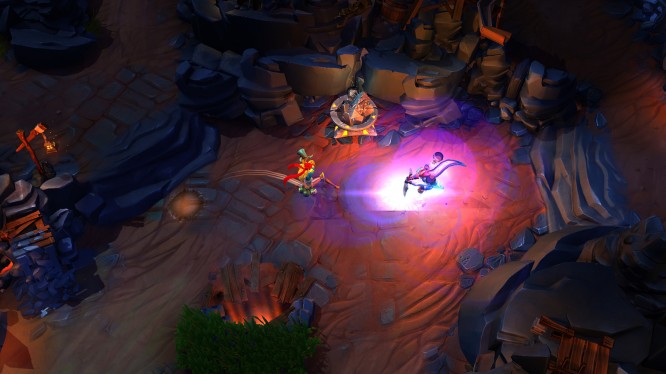
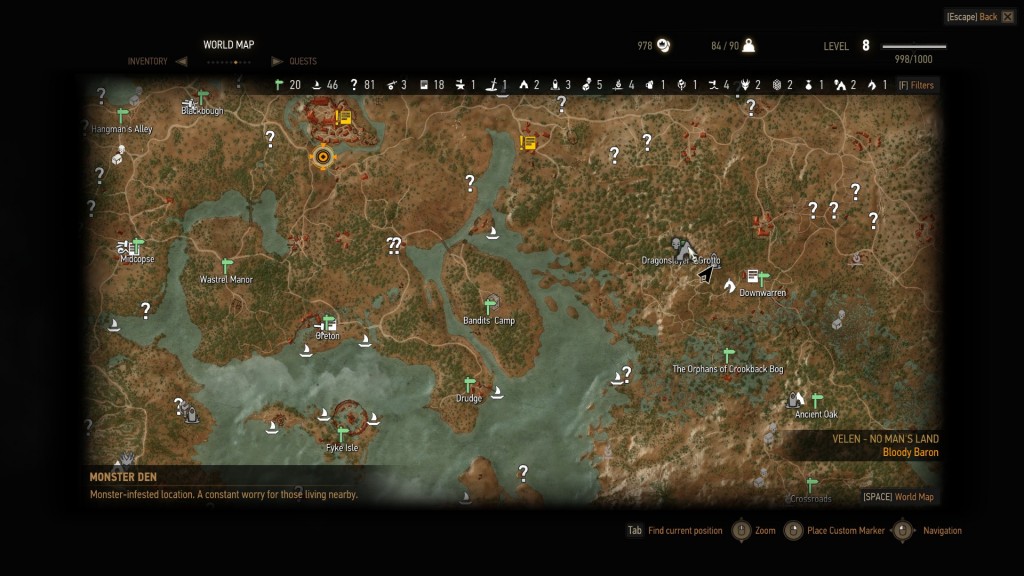

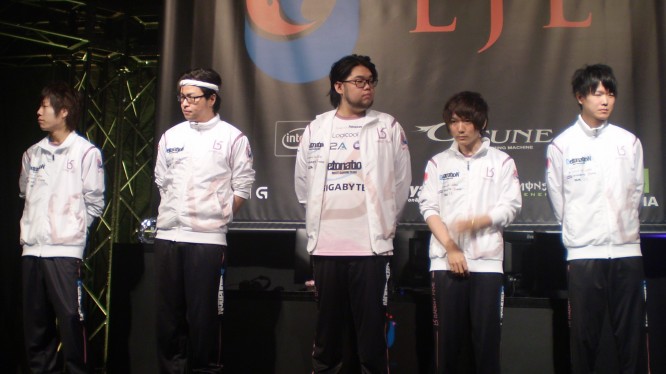 eSports in Japan - Part 2: The Business End .
eSports in Japan - Part 2: The Business End . The Final Frontier: Let's All Become Space Truckers .
The Final Frontier: Let's All Become Space Truckers .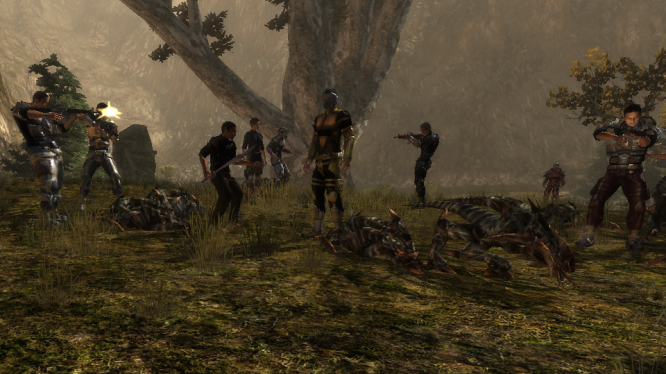 Beta Data: February 28, 2014 .
Beta Data: February 28, 2014 . League of Legends Worlds Semi-Finals Summary and Predictions .
League of Legends Worlds Semi-Finals Summary and Predictions .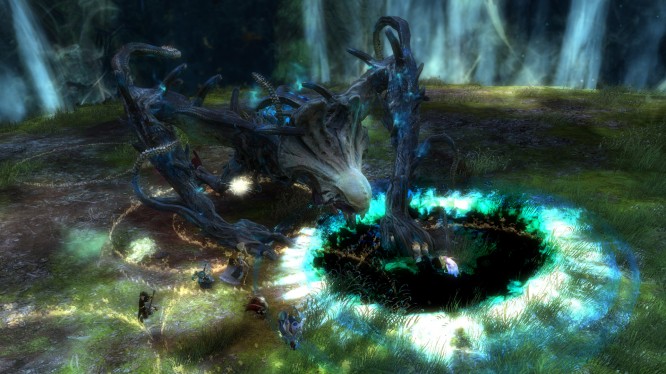 Guild Wars 2 Heart of Thorns - The State of Raiding .
Guild Wars 2 Heart of Thorns - The State of Raiding .